Product Overview: Coumadin
Coumadin is a specialized blood-thinning medication designed to prevent the formation of potentially dangerous blood clots. Its active ingredient, Warfarin, works by interfering with your body’s clotting mechanism. Doctors commonly prescribe Coumadin to patients recovering from heart attacks, those with post-surgical cardiovascular conditions, and individuals with irregular heart rhythms. Available in both injectable solutions and precisely dosed tablets, this versatile medication comes in nine color-coded strengths ranging from 1mg to 10mg to accommodate individual treatment needs.
Dosage and Administration
Coumadin tablets are carefully color-coded to indicate their strength, with options ranging from 1mg (the mildest dose) up to 10mg (the strongest formulation). Your healthcare provider will determine the ideal dosage based on multiple factors including your weight, age, genetic background, and current medications. The variety of available strengths allows for precise dosage adjustments to ensure optimal treatment results while minimizing potential side effects.
Important Safety Considerations
While Coumadin is highly effective, it requires careful monitoring as it may increase your risk of severe bleeding. This medication isn’t suitable if you have bleeding disorders, Warfarin allergies, or are pregnant. Always inform your doctor about existing conditions like diabetes, hypertension, or kidney/liver disease, as these may affect your treatment plan. Patients over 65 require particularly close supervision due to heightened sensitivity to the medication’s effects.
Dietary and Medication Interactions
Coumadin’s effectiveness can be influenced by various foods and other medications. Maintain consistent vitamin K intake and alert your doctor about any dietary changes. Keep a comprehensive list of all prescription drugs, over-the-counter medications, and supplements you’re taking, as many substances can interact with Warfarin. Regular blood tests will help your healthcare provider adjust your dosage as needed for optimal results.
Recognizing Potential Side Effects
The most common side effect of Coumadin is increased bleeding, which may manifest as bloody urine, frequent nosebleeds, unusual bruising, or prolonged bleeding from minor cuts. More serious but rare complications include tissue necrosis, kidney problems, or changes in toe color indicating circulation issues. Should you experience any unusual symptoms, seek immediate medical attention to prevent potentially dangerous complications.
When to Contact Your Healthcare Provider
Immediately consult your doctor if you notice signs of excessive bleeding, severe headaches, weakness, or any other concerning symptoms. Regular monitoring and open communication with your healthcare team are essential for safe, effective treatment with Coumadin. Remember that prompt attention to potential side effects can prevent serious health consequences and ensure you receive the full benefits of your therapy.

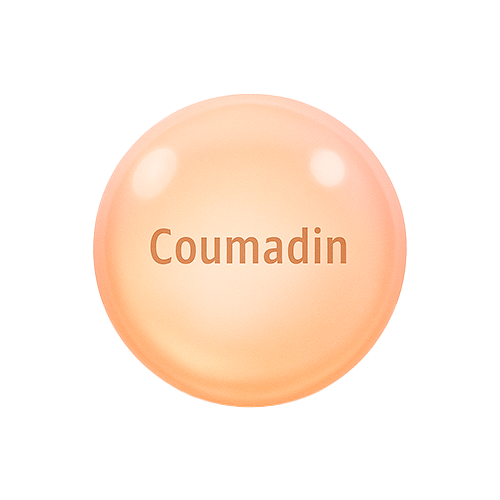

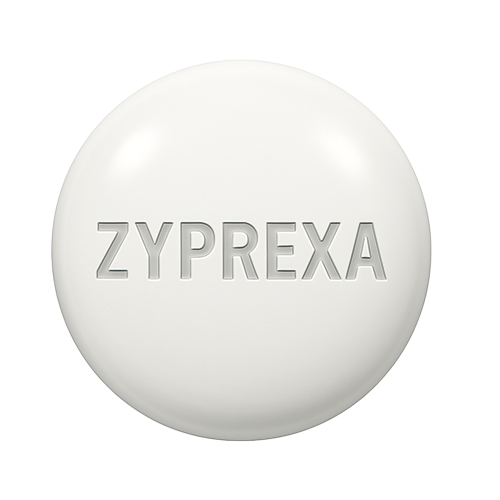
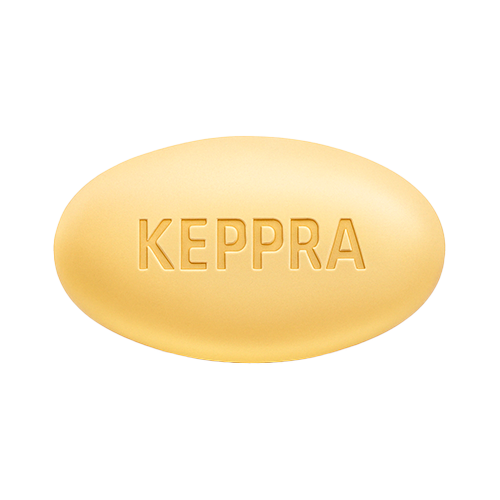
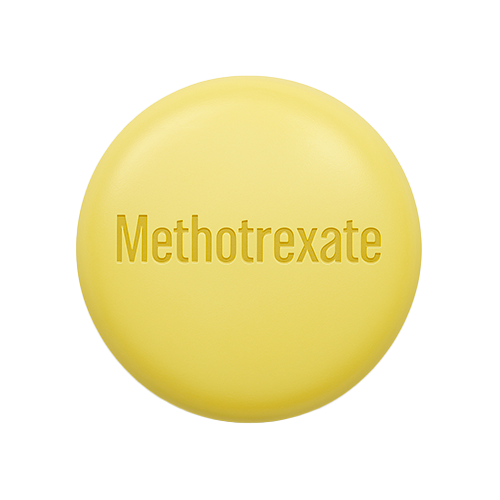



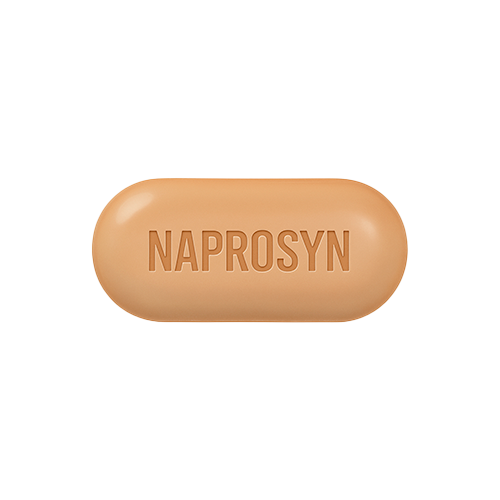
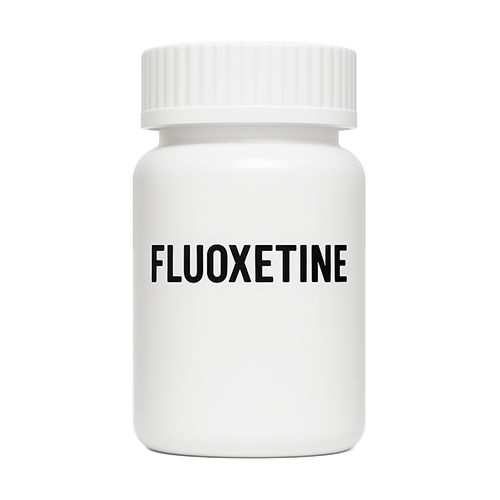
Reviews
There are no reviews yet.